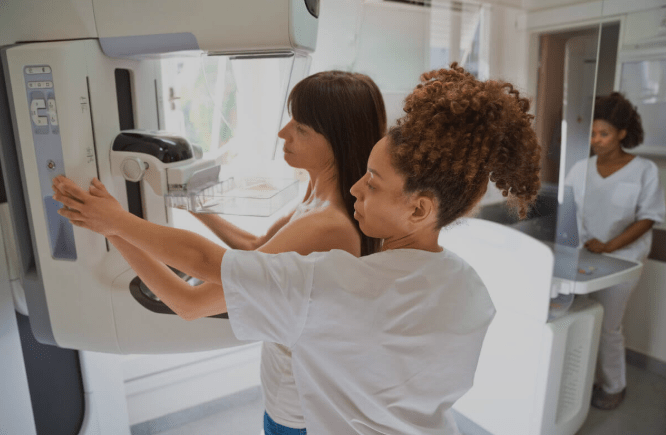Australian researchers are turning to cutting-edge nanotechnology in a bid to improve treatment for one of the deadliest forms of breast cancer.
A team from the University of Queensland (UQ) is developing tiny, engineered nanoparticles that could supercharge the body’s immune response against triple-negative breast cancer (TNBC)—the most aggressive and hardest-to-treat type.
Despite accounting for only 10 to 15 per cent of new breast cancer cases, TNBC is responsible for 30 per cent of all breast cancer deaths in Australia each year. Unlike other breast cancers, TNBC lacks the proteins targeted by common treatments, leaving doctors with limited and often ineffective options.

A Game-Changer for Immunotherapy?
Professor Chengzhong (Michael) Yu, who is leading the UQ research at the Australian Institute for Bioengineering and Nanotechnology (AIBN), said new solutions were urgently needed.
“Despite the promise of immunotherapy, the use of immune checkpoint inhibitors (ICIs) as a potential treatment option for TNBC is extremely limited,” Professor Yu said.
“This means therapies that might help to treat melanoma, for example, will not work with TNBC.”
With the help of a $3 million grant from the National Health and Medical Research Council (NHMRC), Professor Yu’s team is developing a ‘nano-adjuvant’—a microscopic weapon designed to enhance the body’s ability to fight TNBC.
The particles would work inside the tumour itself, activating key immune cells—known as T-cells—to attack and destroy cancerous growths.
Hope for the Future
“The particles we are designing will essentially work inside the tumour microenvironment, including TNBC cancer cells and important immune cells, to boost the body’s immune response to attack and defeat TNBC cells,” Professor Yu said.
“With the right combination of iron-based nanoparticles and substances that can trigger programmed cell death—we hope the nano-adjuvant will be able to improve the efficacy of immunotherapy treatment.”
The five-year project could be a game-changer, not just for TNBC but for other hard-to-treat cancers like ovarian cancer, which also struggle with treatment-resistant tumours.
Professor Yu, who has spent 20 years working in nanotechnology and drug delivery, said the research could help fill a critical gap in cancer treatment and pave the way for clinical trials in the future.
With breast cancer still killing thousands of Australian women each year, this breakthrough could be the lifeline that TNBC patients desperately need.

